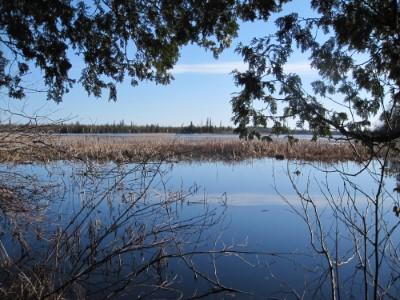
Flooding in the Midwest is of great concern - not only affecting ecosystems and water quality, but also threatening life and property.
Challenge: Understanding the interaction between prior climate and landscape conditions that combine with heavy precipitation to produce flood hazards.
Principal Investigator(s):
- Daniel Vimont (Center for Climatic Research, Nelson Institute, UW-Madison)
Co-Investigator(s):
- Michael Notaro (University of Wisconsin-Madison)
- Stephen Vavrus (University of Wisconsin-Madison)
- Daniel Wright (University of Wisconsin-Madison)
Partners:
- Wisconsin Initiative on Climate Change Impacts (WICCI)
The Midwest has experienced some of the costliest flooding events in U.S. history, including many billions of dollars during the past decade alone. The Midwest’s susceptibility to flooding has been exacerbated by a long-term increase in total precipitation and extreme rainfalls, with the 2010s being the region’s wettest decade on record
Climate models strongly indicate that these recent trends will continue, such that the warming Midwest will experience wetter winters and springs, shortened snow seasons, and extreme year-round precipitation in the future. Despite this high level of confidence in climate trends, there is limited knowledge of how these will translate to flood likelihood and the associated societal and ecological impacts. Floods are caused by many factors, including soil moisture levels, soil phase (frozen or thawed), snow cover, evaporation, and rainfall. This makes them difficult to model, because their contributing factors operate on different time scales and interact with climate change in different ways.
In this study, researchers will combine climate models, hydrologic models, and novel statistical methods to explore future flood frequency, intensity, and seasonality in the Midwest. They will use the resulting framework on three contrasting watersheds to gain a broad understanding of how climate intersects with the many factors contributing to flooding events. Their framework will be broadly applicable to other locations and will generate estimates of changing flood characteristics managers can use for adaptation planning.
Read more from the CASC Project Explorer.
